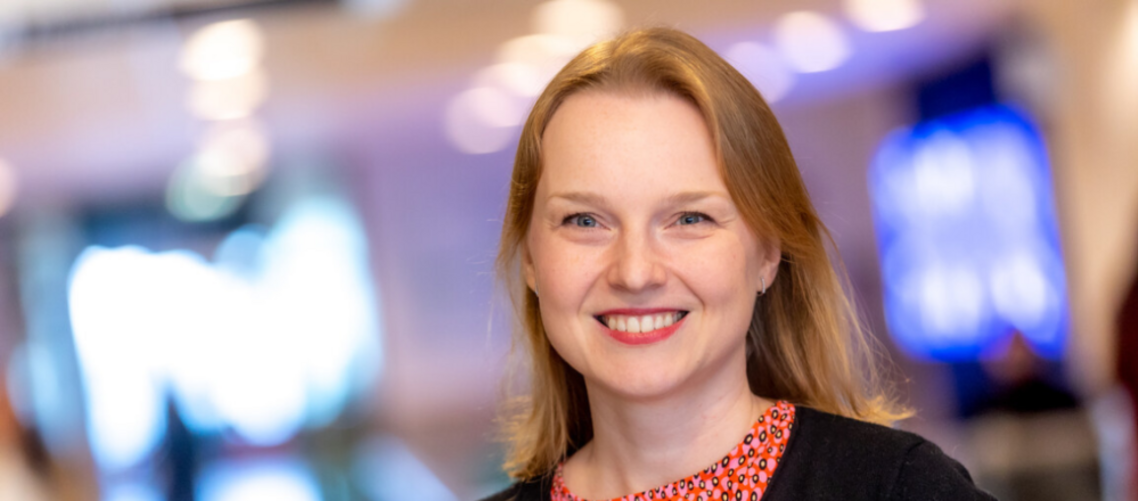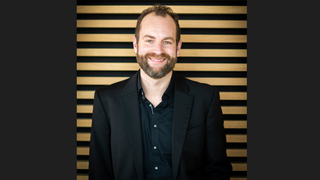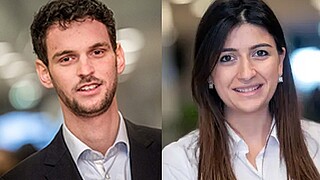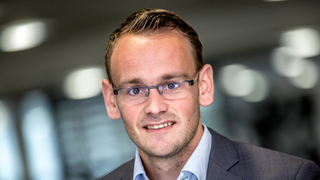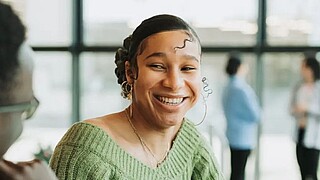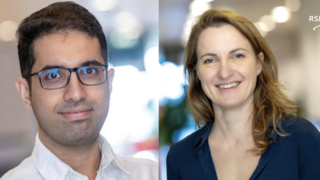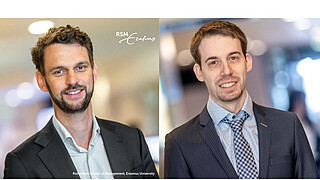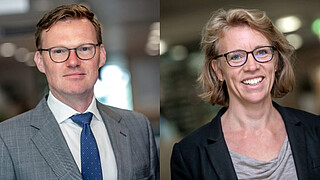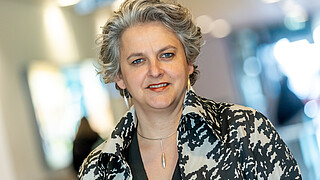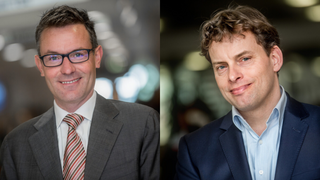Vidi grants are for experienced researchers who have conducted several years of research after gaining their PhD. The NWO announced in late June 2023 that it had given 97 awards that encourage curiosity-driven and innovative research.
Working in multiple teams
Dr Mell’s research proposal is entitled Bringing us together or pulling us apart? How working in multiple teams affects inclusion in the workplace.
Many people work in multiple teams at the same time. While this means they meet many colleagues in their different teams, it also means they have little time to build meaningful relationships in each of their teams. This can make them feel like an outsider rather than fully included in the workplace.
“Workplace inclusion is the experience that you can contribute to the collective as a full and valued member. This is not only a key psychological experience for individuals, but also fosters productivity, innovation, wellbeing, and health,” Dr Mell explains, adding that this is why we must we gain a better understanding of how this important outcome is influenced by the practice of multiteaming, especially given that multiteaming is becoming increasingly common in organisations.
Dr Mell’s research project will explore how working in multiple teams affects inclusion of women and men in the workplace and develops solutions to offset possible negative effects that working in multiple teams can have on employee inclusion.
“The urgency to understand how multiteaming affects workplace inclusion stems from the fact that not only has multiteaming become the norm rather than the exception in knowledge intensive work, but also the trend towards multiteaming has been further accelerating,” says Dr Mell. In other words, while practice is galloping ahead with implementing multiteaming structures seemingly everywhere, research is severely lagging behind in building an understanding of how this shapes workplace inclusion.
To investigate her research questions, Dr Mell will combine insights from survey studies in organisations, lab experiments, and field experiments.
Vidi grants for Erasmus University researchers
Other Erasmus University research benefitting from Vidi grants in 2023 are:
-
Dr H.J. Boele, Erasmus MC – The big impact of the little brain: Uncovering the role of the cerebellum in autism developmental trajectories
-
Dr S.R.J.M. van Bohemen, Erasmus School of Social and Behavioral Sciences – Why do people enjoy stereotypes in online pornography?
-
Dr M. van Gent, Erasmus MC – Intrinsic neuronal control of neurotropic virus infection
-
Prof. P.C.M. Luijk, Erasmus School of Social and Behavioural Sciences – Perfect parents
-
Dr K.M. Stegers-Jager, Erasmus MC – Prior performance information: blessing or curse?
-
Dr T. Swerts, Erasmus School of Social and Behavioural Sciences – How do urban migration infrastructures facilitate irregular migrant mobility?
-
Dr A. Vidaki, Erasmus MC – The mysterious case of biological dark matter and human uniqueness
-
Dr W.E. Visser, Erasmus MC – The action of thyroid hormone in human brain cells
-
Dr L. Zwaan, Institute of Medical Education Research Rotterdam (iMERR)/ Erasmus MC – Rules of engagement: unraveling the best strategies for physician-computer collaboration in the diagnostic process
Dr Julija Mell
Dr Julija Mell is an associate professor of organisational behaviour in RSM’s Department of Organisation and Personnel Management. She obtained her PhD in organisational behaviour at Erasmus University Rotterdam and her diploma in psychology at the Humboldt University Berlin in Germany. Her research focuses on collaboration across boundaries – for example, bridging cognitive boundaries within diverse teams, bridging geographical and cultural boundaries within globally dispersed teams, and bridging structural boundaries within complex social systems and networks. Dr Mell’s work has been published in leading academic journals. She teaches on topics surrounding organisational behaviour, teams, leadership and social networks in RSM’s bachelor, master, full-time MBA, Executive MBA, and executive education programmes.
